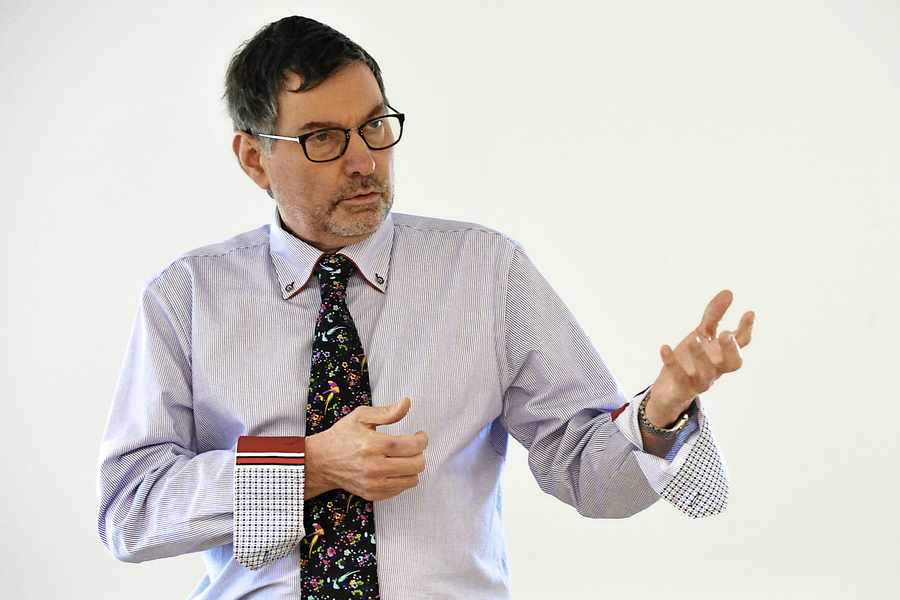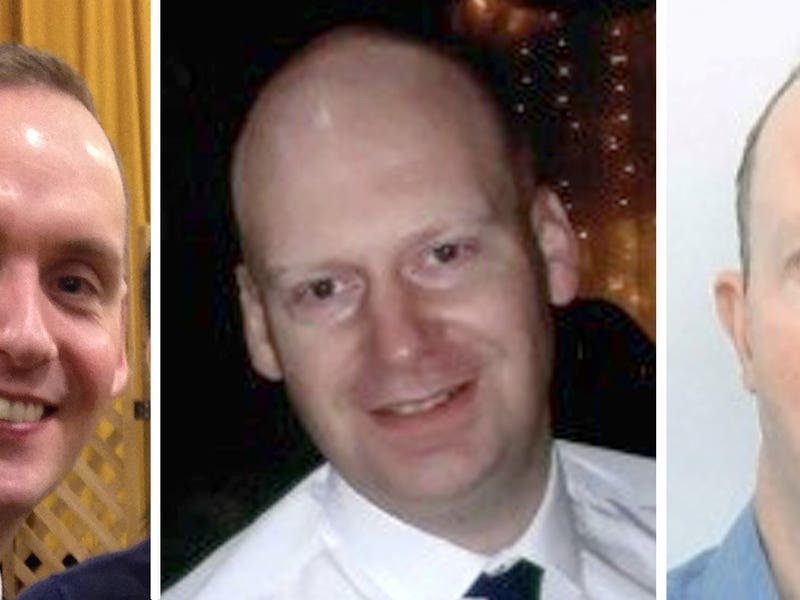- Local pilot calling for airlines to offer staff more support with mental health issues.
- Follows last week’s Germanwings tragedy, when co-pilot deliberately crashed his plane into the Alps while suffering from a psychiatric condition.
- Islander Steve Franco gave up his own pilot license after suffering from depression.
A JERSEY-born pilot who gave up his licence after suffering from depression has called for airlines to offer more help to staff with mental health issues.
Speaking to an Australian news agency in the wake of the Germanwings tragedy, Steve Franco (24) has called for more mental health testing on pilots and the introduction of override systems to release locked cock-pit doors.

- Islanders with mental illnesses are supported by Mind Jersey.
- The independent local charity aims to encourage Jersey to be an Island that promotes and protects good mental health for all, and that treats people with experience of mental illness fairly, positively and with respect.
- Although affiliated with Mind in the UK, Mind Jersey retains its independence, both financially and operationally and all money raised stays in Jersey for the benefit of Island residents.
- Mind Jersey was re-launched in June 2011, as the most recent stage in the evolution of the charity. The charity evolved from Jersey Focus on Mental Health, which in turn formed in 2002 when the Jersey Association of Mental Health (formed in 1969) and The Jersey Schizophrenia fellowship (formed in 1977), merged.
- You can contact the charity by calling 0800 7359404 or emailing help@mindjersey.org
- More information is available here
He spoke out after 150 people died when co-pilot Andreas Lubitz deliberately crashed his plane into the Alps last week while suffering from a psychiatric condition.
Mr Franco, who lives in Australia, told an Australian news agency: ‘I have taken these events very personally because just over a year ago I had to make a conscious decision to discontinue flying on the basis that I found I was suffering severe anxiety and depression.
‘I stopped flying during my commercial flight training as I found the financial training cost pressures, distance from home, family and other personal issues had built up to the point that I lacked any motivation for my dream and started to suffer severe anxiety attacks.
‘I didn’t want that to spill into a dangerous situation in flight where I might make mistakes and that in turn could become an accident.
‘It took me over a year to talk to a single person about my depression.’
He added: ‘Throughout flight training you learn about how stresses and issues within your personal life can affect your performance on the flight deck, lead to incidents or accidents that generally are a recipe for disaster.
‘The events on that Germanwings aircraft are terrible and tragic but the airlines could have stopped this from ever happening.
‘Frequent psychometric testing throughout training and employment, increases in wages for junior flight crew and more overide systems built into flight deck doors.
‘These are just a couple of things that I believe may help.’

Tuesday 24 March
10:10 am: Germanwings’ Airbus A320 takes off from Barcelona, Spain, and is expected to land in Dusseldorf, Germany, 90 minutes later. It is carrying 150 people – 144 passengers and six crew
10:15 am: Co-pilot Andreas Lubitz and his captain can be heard on the cockpit voice recorder talking normally
10:30 am: The aircraft makes its final contact with air traffic controllers asking permission to continue on the current route above Digne
10.31 am: A chair is heard being pushed back and a door shuts. The captain, who was thought to be leaving the cockpit to use the toilet, tells Mr Lubitz in German ‘you have control’.
10.31 am: Mr Lubitz presses the button which sets the autopilot on a descent from 38,000ft to 100ft. The button cannot be pressed accidentally.
10:31 am: The captain tries to re-enter the cockpit but cannot.
10:31 – 10:40 am: The captian frantically knocks at the door and reportedly tries to break it down with an axe
10:35 am: French air traffic controllers issue the a distress signal after seeing the dramatic drop in altitude.
10:39 am: Passengers can be heard screaming and proximity alarms sound
10:40 am: French radars pick up the last signal of the plane at around 6,000 ft
10:41 am: The plane crashed into the French Alps at around 430 mph. All 150 people onboard are killed
Last year, Mind Jersey released two films starring Islanders who have suffered from depression.
The charity released the films at a special premiere at Cineworld.
The purpose of the films is to highlight the condition, with the aim of increasing awareness and understanding about mental health, which affects one in four people in the UK.
In the films below, Mind Jersey ambassadors Beth Moore and Stephen Le Quesne speak openly and honestly about how depression affected them:

In 2014, a human rights lawyer from the UK claimed that Jersey’s mental health laws are ‘outdated and not fit for purpose’.
Peter Edwards was invited to the Island by Adult Mental Health Services to talk to social workers, psychiatrists, nurses and doctors about how to ensure the care they provide is compliant with the European Convention on Human Rights.
Speaking to the JEP during the event, he said: ‘Jersey must have a Mental Health Law which meets the minimum requirements of human rights legislation.
‘The Mental Health Law here is outdated and not fit for purpose.’
He also told frontline staff about plans in Jersey to introduce a Capacity Law which will give better legal protection to vulnerable Islanders. The law, which has existed in the UK since 2005, relates to vulnerable people with dementia, learning disabilities or those with mental illnesses who lack the capacity to make decisions about their care and treatment. If introduced, the law would enable patients – or those acting on their behalf – to have a greater say on their care and have more powers to challenge rulings on where they are placed.
‘There have been people who have effectively been parked in the system who haven’t had an outlet for their voice and there hasn’t been based on shaky legal foundations, it should cause me concern.’






